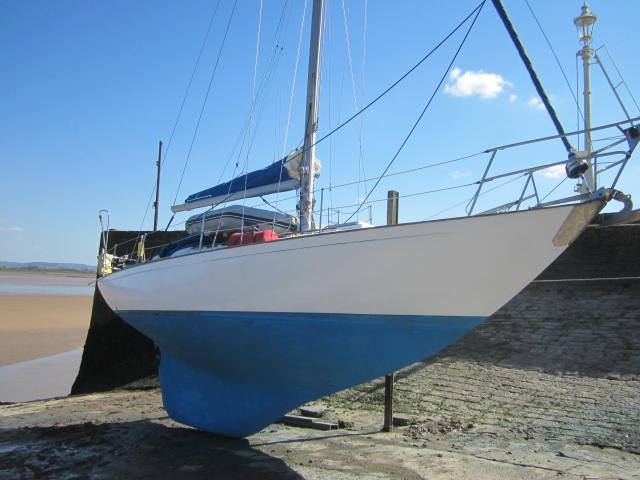Guide to buying a boat
These general principles apply to both sailing and motor boats, although naturally you would adapt to them suit the boat you are trying out. If everything about the boat fits with your criteria, then it’s time to take the boat for a sea-trial. However, “Act in haste, repent at leisure” should be your guiding principle.
Before you start the engine, you should check whether it is already warm; if the engine has trouble starting or smokes a lot when cold, the vendor may have warmed it up prior to your arrival, in order to disguise such problems.
Check the bilges, both at the start and end of the trial – you are looking for any evidence of an oil leak, water pump gland leaks etc – and of course, leaks from the sea-toilet or thru-hulls.
See how the boat performs as you manoeuvre her; Is the steering responsive? Experiment with hitting waves at different angles; look for excessive pitch or roll. Try out these factors whilst you are above and then below deck.
Test that all the instruments are working correctly; run the engine for long enough to see if overheats, rattles or smokes.
If you’re trialling a sailing boat, put the sails up, and see how she manoeuvres under wind power alone. Try out different points of sale. Examine the mast and rigging under load.
If the boat does not pass on any of your tests, you do not necessarily need to rule it out, as long as you are willing to put some time (and money) into putting things right. Any defects or even minor imperfections can be used as bargaining tools to try to negotiate a lower price. Get any agreement in writing.
If you decide to purchase the boat, it is best to get everything put down in writing in a Sales Agreement. This should state the terms and amount of payment, and detail any pre-sale repairs that have been agreed – also making it clear who is responsible for carrying them out and paying for them. It should also list which accessories are included and the delivery and payment dates.
Beware of fraud; there are a few things to watch out for to make sure you are not the victim of fraud when you buy a boat:
- l Does the price seem too good to be true? If so, it probably is. The boat may either be stolen or the seller may take your deposit and never be contactable again.
- l Make sure that you get the real address of the seller; you should be suspicious of anyone who only uses a PO Box.
- l Verify all the contact details of the seller. If there is an email address, make sure you can get a reply from them. Get a telephone number for them and make sure it works.
- l If the boat is in a different country to the seller, be extra cautious, and take even more care if either are outside of your own country.
- l If anything just doesn’t seem right, don’t dismiss those feelings until you’ve checked them out. Often your instincts are correct.
- Check that you are not paying “over the odds” when buying your boat. Some more useful sources of boat price information:
The RYA agreement for the private sale of a boat can be downloaded HERE
Other useful information
- Stolen boats lists
- Boat price guides published by Boat magazines such as Practical Boat Owner.
- Check internet lists of stolen boats to make sure that the boat you are buying is not listed on any of them. Here is a selection of web sites:
